 |
| July 02, 2020 |
Dear Reader,
The COVID-19 pandemic has added another layer of anxiety for individuals who already fear going to the dentist. All states have now allowed dental practices to resume elective procedures, but some people are still hesitant. One of the stories below explains what measures dentists are taking to keep patients safe. Next up, an analysis shows that the Small Business Administration approved 52% of disaster loan applications in ZIP codes where at least 90% of the population is white. But in ZIP codes where a majority of people are Black, only 28% of the applications were approved. The disparities in disaster lending have enabled white communities to rebuild more quickly and thoroughly than Black communities, and have perpetuated the nation's racial gap in wealth, experts say. And lastly, here's a little bit about today's lead story: For the first time, researchers have performed an experiment demonstrating "hybrid" quantum networking. The approach, which unites two distinct methods of encoding information in particles of light called photons, could eventually allow for more capable and robust communications and computing. And if you're celebrating the 4th of July this weekend, our roundup includes stories on what makes fireworks explode, how science was an integral part of the American experiment, and what hot dogs are actually made of (apologies in advance if this ruins your appetite). |
| | Sunya Bhutta, Senior Editor, Audience Engagement
@sunyaaa | |
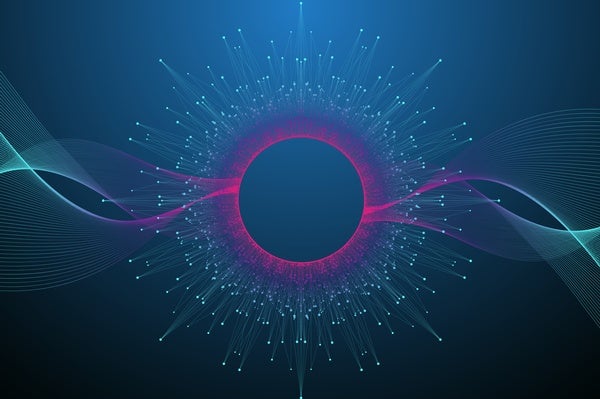 |
| |
| |
| |
| Policy & Ethics Tweets Reveal Politics of COVID-19 Political scientists analyzed congressional tweets and observed how Republicans and Democrats responded differently to the virus. Christopher Intagliata reports. |  | By Christopher Intagliata | 02:12 | | | |
| |
| |
| Policy & Ethics Science Is Patriotic Americans don't like kings telling them what to do—and neither do scientists | | By 500 Women Scientists NYC | | | |
| Medicine Some Hot Dog Histology A lab analysis found that even an all-beef frankfurter had very little skeletal muscle, or "meat." So what's in there? Christopher Intagliata reports. |  | By Christopher Intagliata | 01:58 | | | |
| Physics The Science of Fireworks We take you inside a single fireworks shell to show you how it all works. If you want to glimpse more than just the inner workings of one fireworks shell, you should check out this post by the SA Visuals team on its long, explosive history inside the pages of Scientific American. |  | 1:05 | | | |
FROM THE STORE
 | | July 4th Flash Sale Celebrate July 4th with 25% savings on any subscription to Scientific American. Your purchase will support expert journalism. Use code JULY20 at checkout. |  | | |
| |
FROM THE ARCHIVE
 | | | |
| |
LATEST ISSUES
 |
| |
| Questions? Comments?  | |
| Download the Scientific American App |
| |
| |



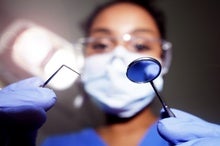
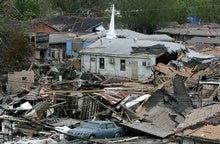
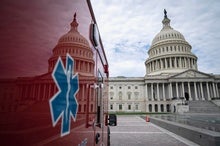
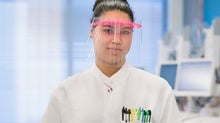
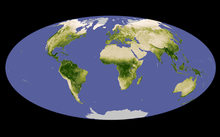
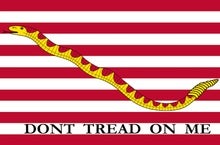
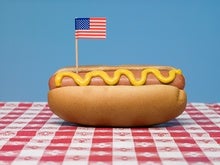
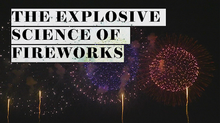
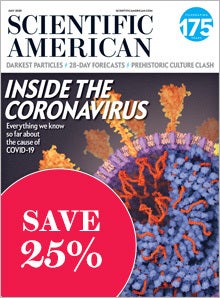


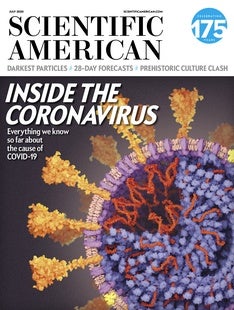

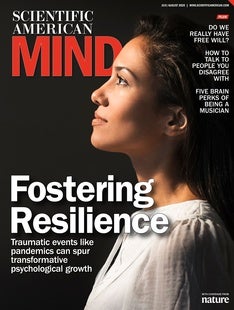
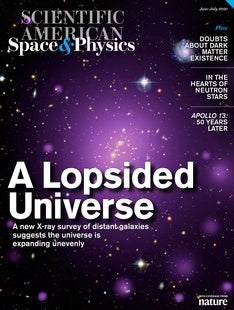
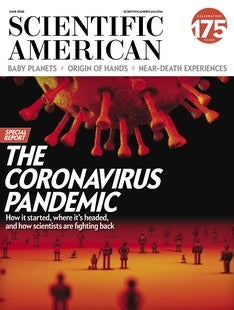



Comments
Post a Comment